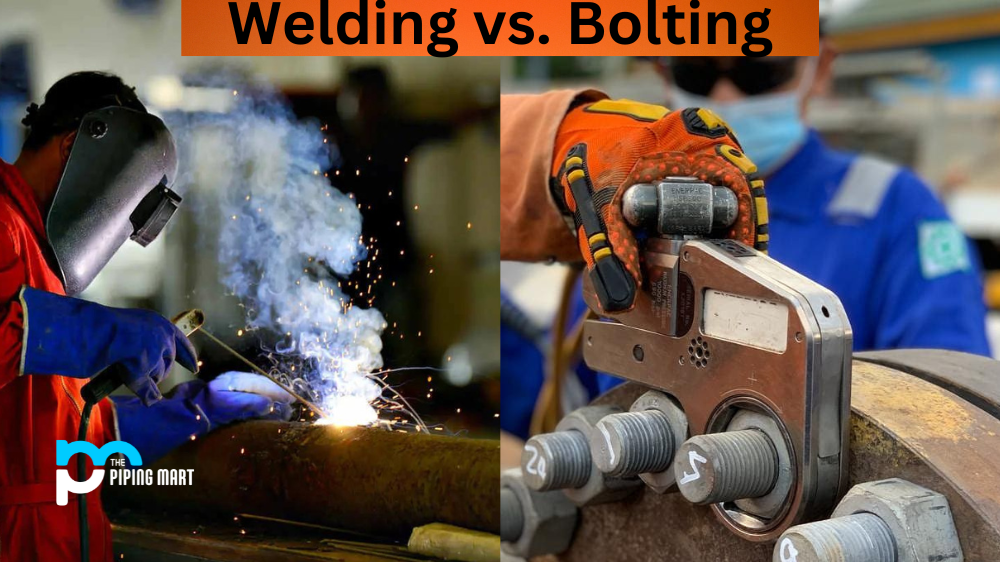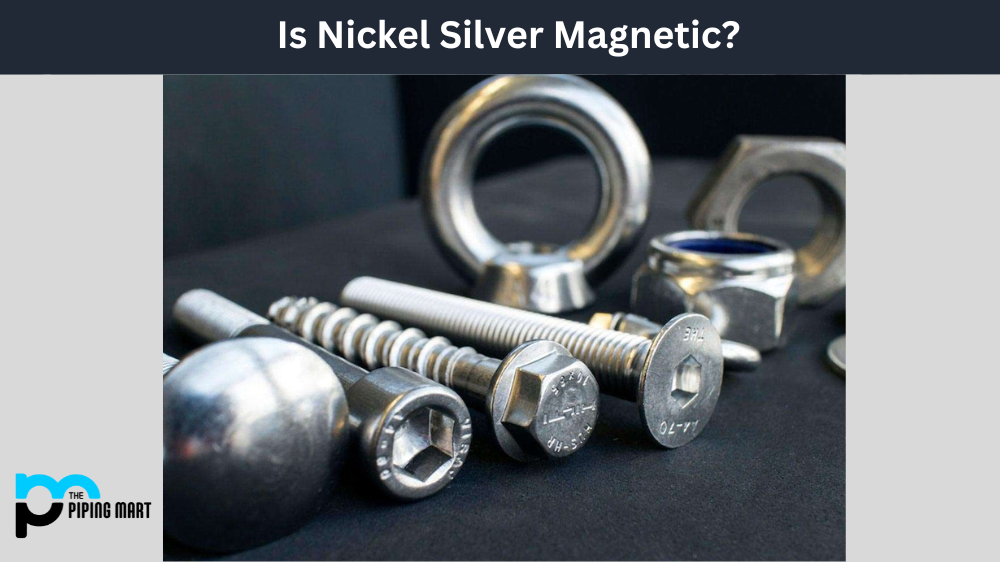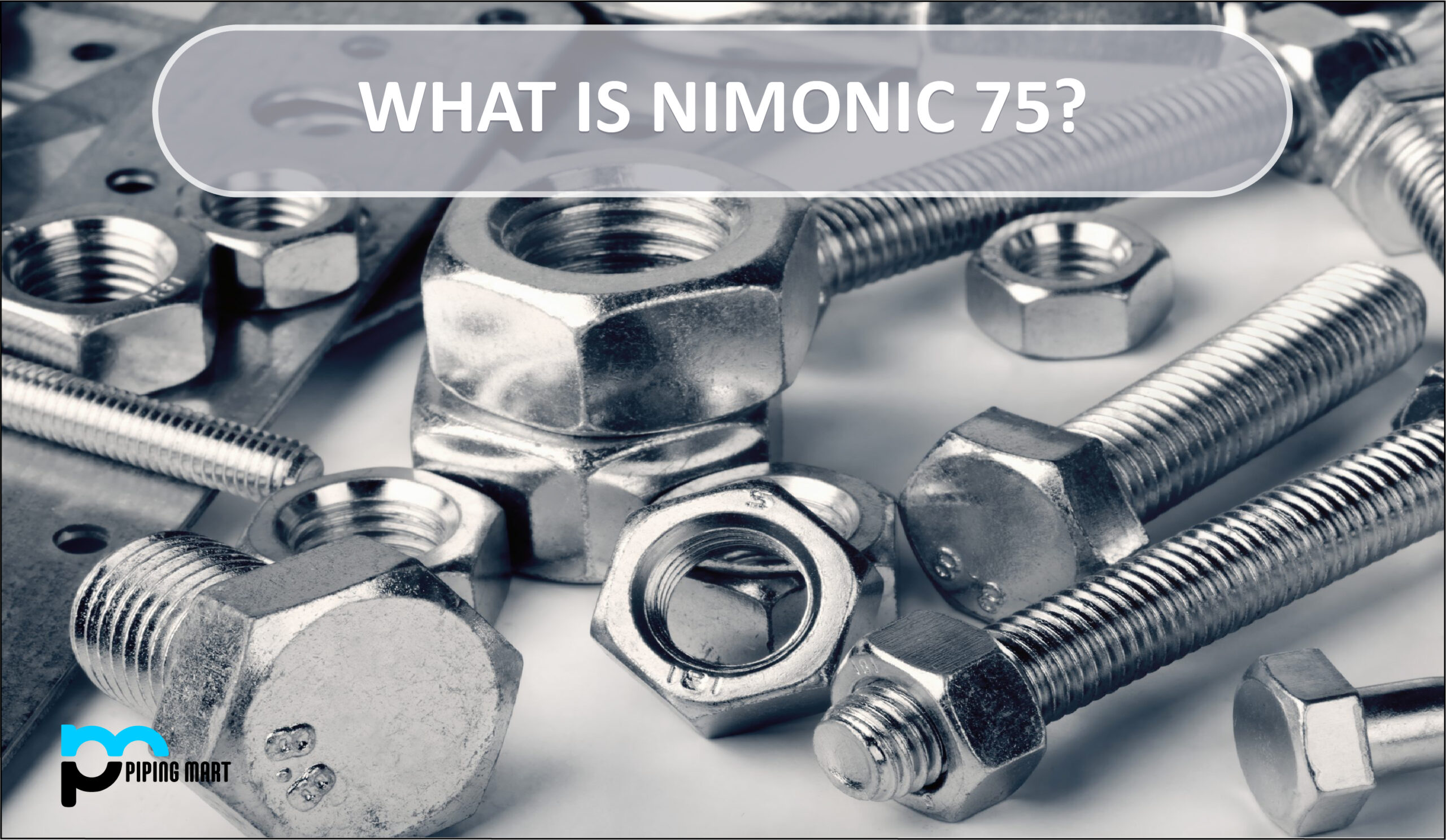Welding and bolting are two popular methods used to join pieces of material or equipment together. However, each method has its own advantages and disadvantages, so it’s important to understand the difference between them before deciding which one is right for your project. Let’s take a look at the pros and cons of welding versus bolting.
Advantages of Welding
The main advantage of welding is that it creates a permanent bond between two pieces of metal, making it impossible for them to be separated without cutting or grinding. This makes welding ideal for applications where strength and durability are essential, such as tanks, pipes, vehicles, and ships. Additionally, welding can be done quickly compared to bolting because it requires less time to complete the process.
Disadvantages of Welding
One disadvantage of welding is that it can be dangerous if proper safety protocols are not followed. Additionally, welding requires specialized tools and expertise, which can increase costs if you need to hire a professional welder. Finally, welding may not be suitable for certain materials or applications due to the high temperatures involved in the process.
Advantages of Bolting
The main advantage of bolting is that it’s relatively easy to do with basic tools and does not require any special skills or expertise. Additionally, bolts can easily be removed for maintenance purposes if needed, which makes them ideal for applications where parts need to be serviced frequently. Bolts are also less expensive than welding since they require fewer materials and do not require specialized tools or training.
Disadvantages of Bolting
One disadvantage of bolting is that bolted joints are not as strong as welded joints since they rely on friction instead of creating a permanent bond between two pieces of metal. Additionally, bolts can become loose over time due to vibration or other environmental factors, which can weaken the joint even further. Finally, bolts may suffer from corrosion over time due to exposure to moisture or other elements, which could compromise their structural integrity.
Conclusion:
When deciding whether to weld or bolt something together, consider your budget, timeline, and application requirements carefully before making a decision; both methods have their advantages and disadvantages, so make sure you choose the one that best suits your needs! For more complex projects that require increased strength and durability, welding might be your best option, whereas simpler projects may benefit from using bolts instead. Intended Audience: DIYers looking for advice on welding vs. bolting projects

Abhishek is a seasoned blogger and industry expert, sharing his insights and knowledge on various topics. With his research, Abhishek offers valuable insights and tips for professionals and enthusiasts. Follow him for expert advice on the latest trends and developments in the metal industry.




